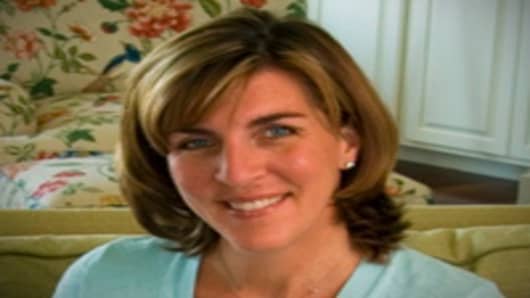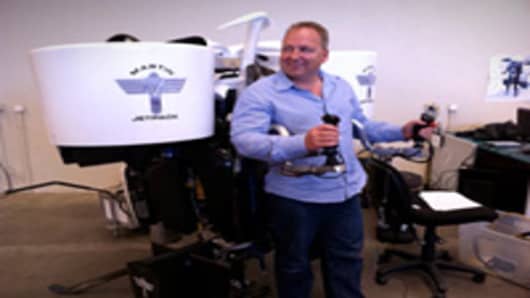Janet Kraus started developing her entrepreneurial skills at seven, when she loaded vegetables from the family garden onto her wagon to sell to neighbors — packing the smaller tomatoes into three-for-a-quarter lots and tying her mom’s ratatouille recipe to the jumbo zucchinis to make them more enticing.
James Currier, who grew up near a New Hampshire lake, showed similar instincts at six, starting a homegrown business to supply visiting fisherman with worms.
“I knew where they were. They were underneath the apple tree,” recalls Currier, who put up signs around the lake, offering worms for sale, and “made a lot of money doing that as a six-year-old, seven-year-old, eight-year-old.”
Kraus, 45, and Currier, 44, both grew up to be successful serial entrepreneurs, each co-founding and selling multi-million-dollar companies.
While they don’t all start as industrious tykes, serial entrepreneurs appear to share a number of characteristics, including creativity, salesmanship, independence, high energy, an affinity for people and a collaborative spirit. Nerves of steel seem to help, as does the example set by entrepreneurial parents. In many cases, serial entrepreneurs prefer starting businesses to expanding them or running them long-term.



